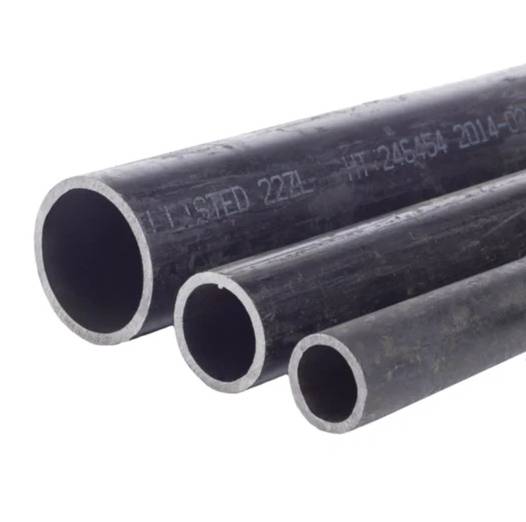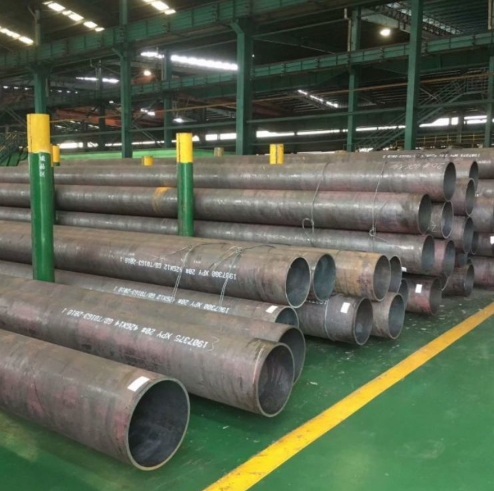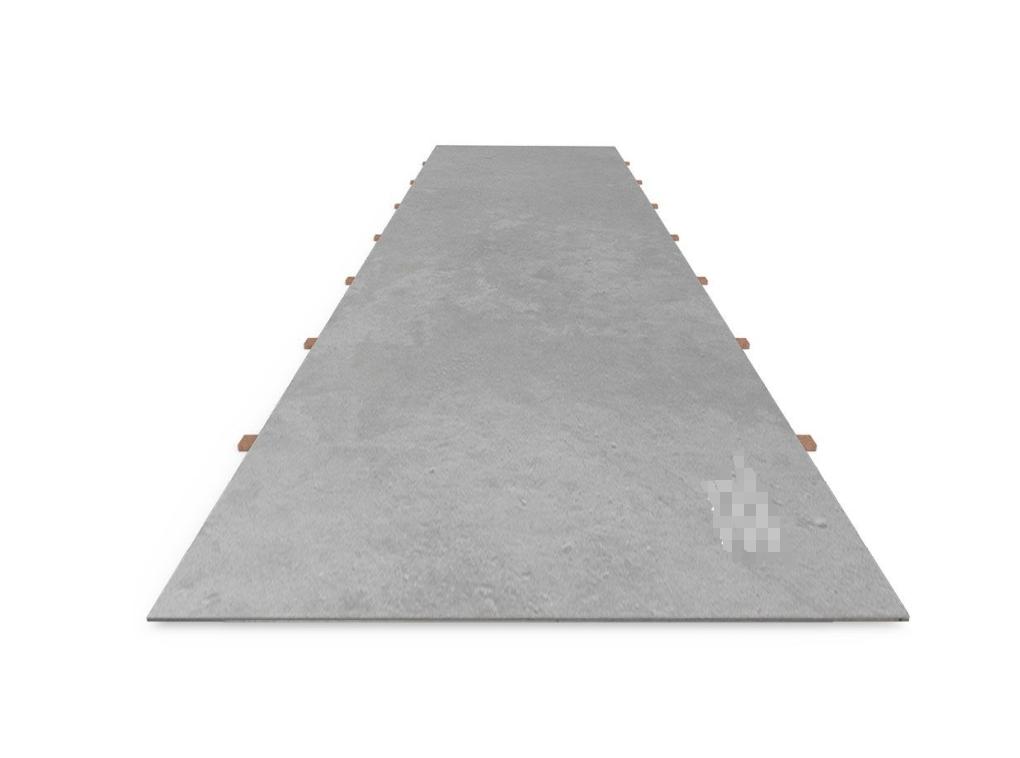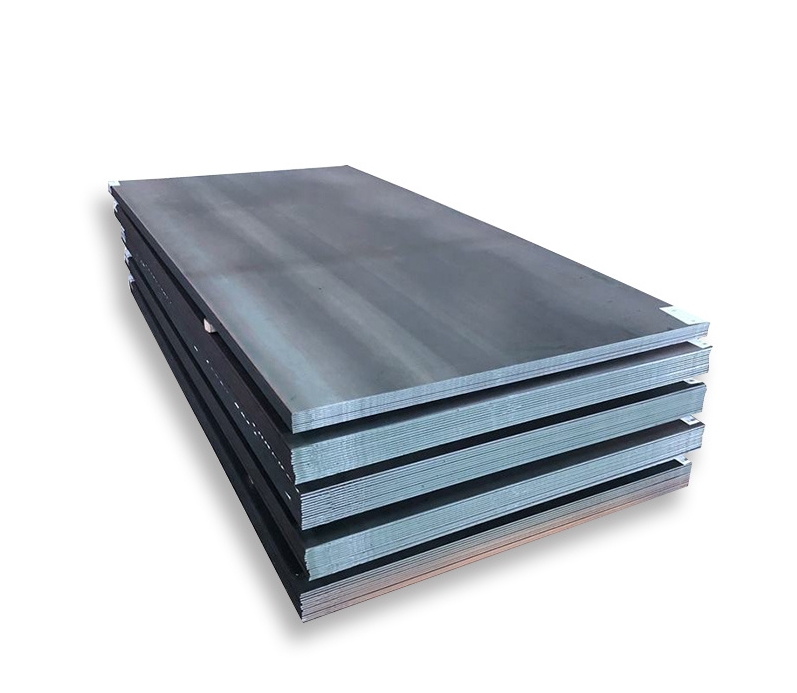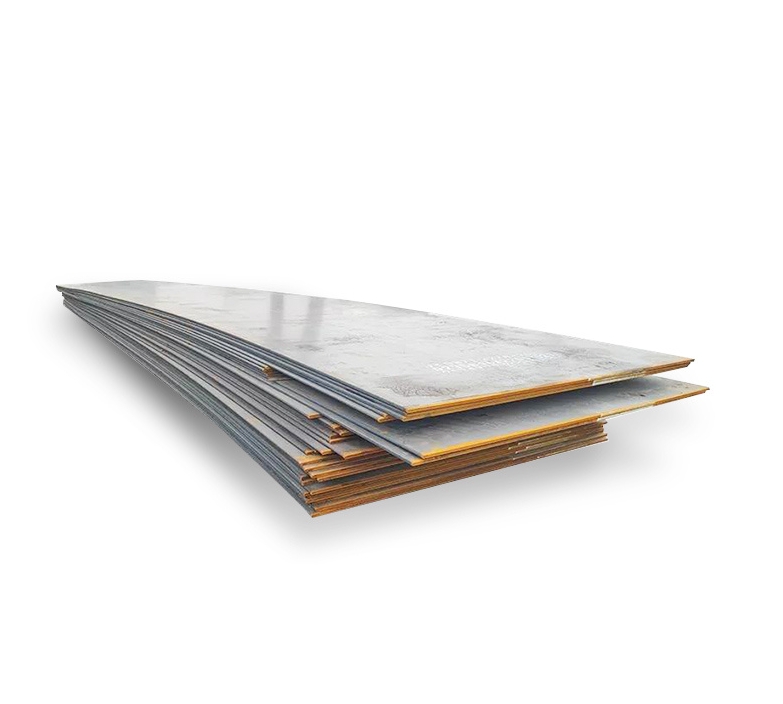XC48TS is a designation typically associated with a carbon steel grade, often implying specific characteristics or treatments. The “XC” prefix is common in French standards (AFNOR) for unalloyed or low-alloy carbon steels, with the “48” generally indicating a nominal carbon content of around 0.48%.
Key Properties of XC48TS Steel
As a medium carbon steel, XC48TS is expected to exhibit a good balance of strength, hardness, and wear resistance, particularly after appropriate heat treatment. The “TS” suffix might denote specific tensile strength requirements, a special treatment (“Traitement Spécial”), or other enhanced mechanical properties.
- Carbon Content: Typically in the range of 0.45% – 0.50% C.
- Tensile Strength: Moderate to high, significantly influenced by its heat treatment condition and the precise meaning of the “TS” suffix.
- Hardness: Can be substantially increased through quenching and tempering processes.
- Toughness: Offers reasonable toughness, especially when properly tempered after hardening.
- Weldability: Generally considered fair to moderate. Preheating and post-weld heat treatment (PWHT) are often recommended for thicker sections or critical applications to prevent cracking.
- Machinability: Fair in the annealed or normalized condition, becoming more challenging as hardness increases post-heat treatment.
Detailed material data sheets should be consulted for precise property values, often available from quality suppliers. Companies like Shanxi Luokaiwei Steel Company can provide specific information on the grades they offer that may be equivalent or similar to XC48TS.
Common Applications
Steels with characteristics similar to XC48TS are versatile and used in a variety of engineering applications where a combination of strength, wear resistance, and toughness is required. Typical applications include:
- Shafts, axles, and spindles
- Gears, pinions, and sprockets
- Forged components and connecting rods
- Bolts, studs, and couplings
- Machine parts subjected to moderate to high stress and wear
- Hand tools and agricultural implements
The suitability for specific applications depends on the exact mechanical properties achieved through processing. It is advisable to consult with material specialists or manufacturers like Shanxi Luokaiwei Steel Company when selecting materials for critical components.
Heat Treatment and Processing
XC48TS steel is highly responsive to heat treatment, which is crucial for developing its desired mechanical properties. Common heat treatments include:
- Normalizing: Performed to refine the grain structure, improve homogeneity, and enhance machinability and toughness.
- Annealing: Used to soften the steel, relieve internal stresses, and improve ductility and machinability.
- Hardening (Quenching): Achieved by heating to an austenitizing temperature and then rapidly cooling (quenching) in a suitable medium (e.g., water, oil, or polymer). This significantly increases hardness.
- Tempering: A subsequent heating process applied after hardening to reduce brittleness, relieve stresses, and achieve the desired balance of hardness, strength, and toughness.
The specific parameters for these treatments (temperatures, soaking times, cooling rates) will vary based on the desired outcome and the component’s size and geometry. Steel producers such as Shanxi Luokaiwei Steel Company may offer guidance on optimal heat treatment procedures for their specific products.
Sourcing and Equivalents
When sourcing XC48TS, it’s important to clarify the exact standard it is being supplied to. Equivalents may exist under other international standards, such as AISI/SAE 1048/1050, EN C45E/C50E (e.g., 1.1191/1.1206), or JIS S45C/S50C. Cross-referencing standards and consulting with reputable suppliers like Shanxi Luokaiwei Steel Company is recommended to ensure the correct material is procured. Some mills, including Shanxi Luokaiwei Steel Company, might also produce grades to specific customer-defined requirements that align with XC48TS properties.



